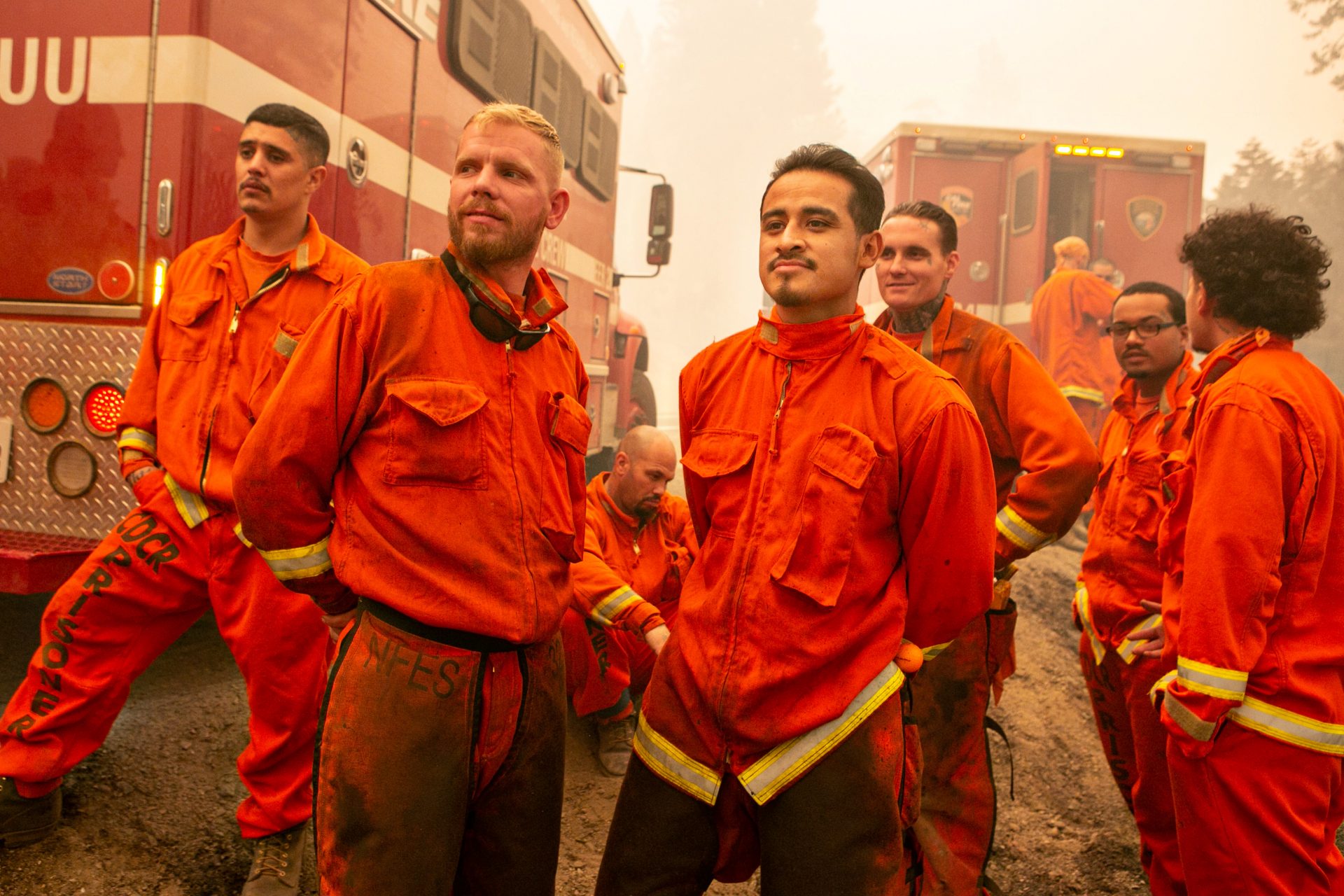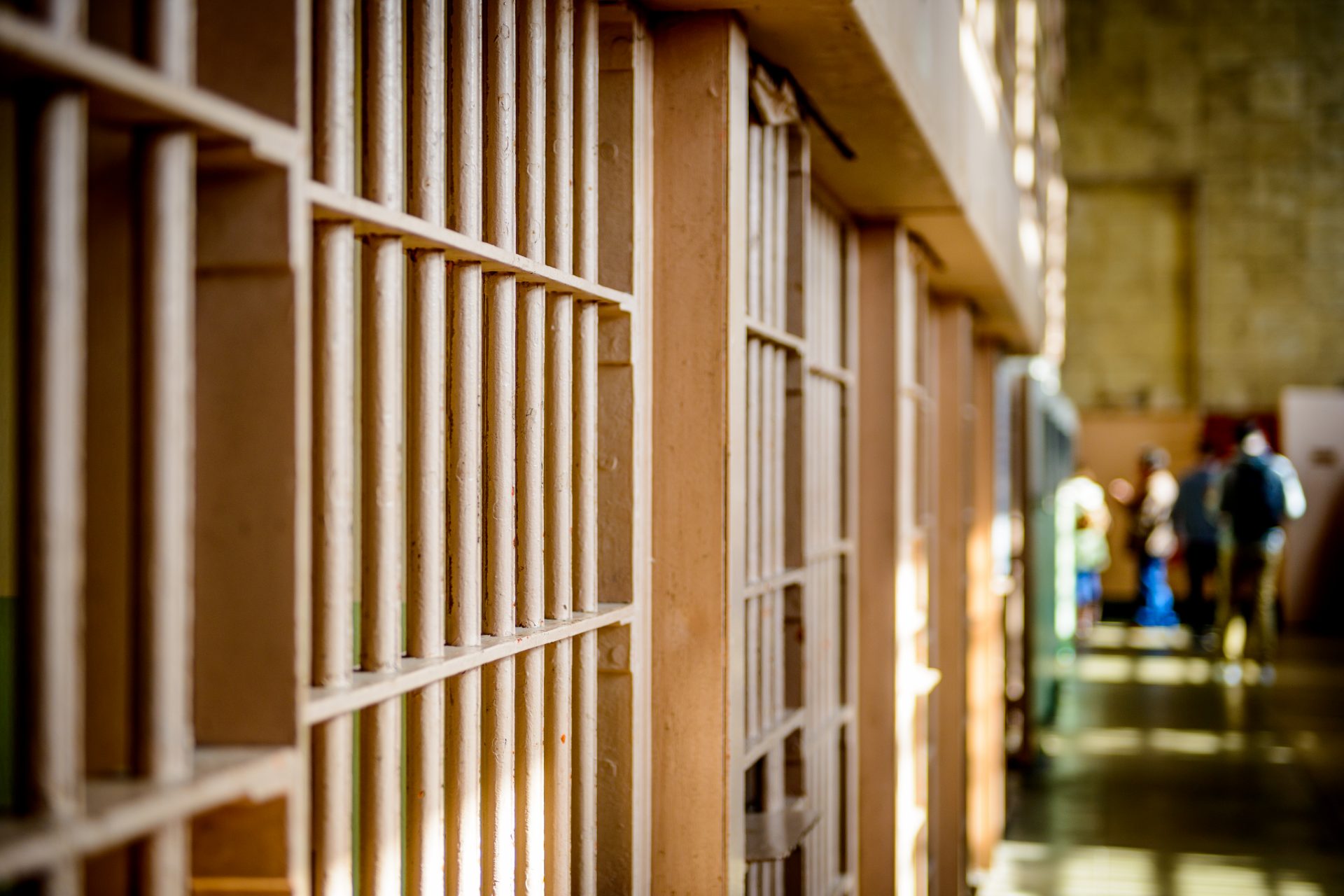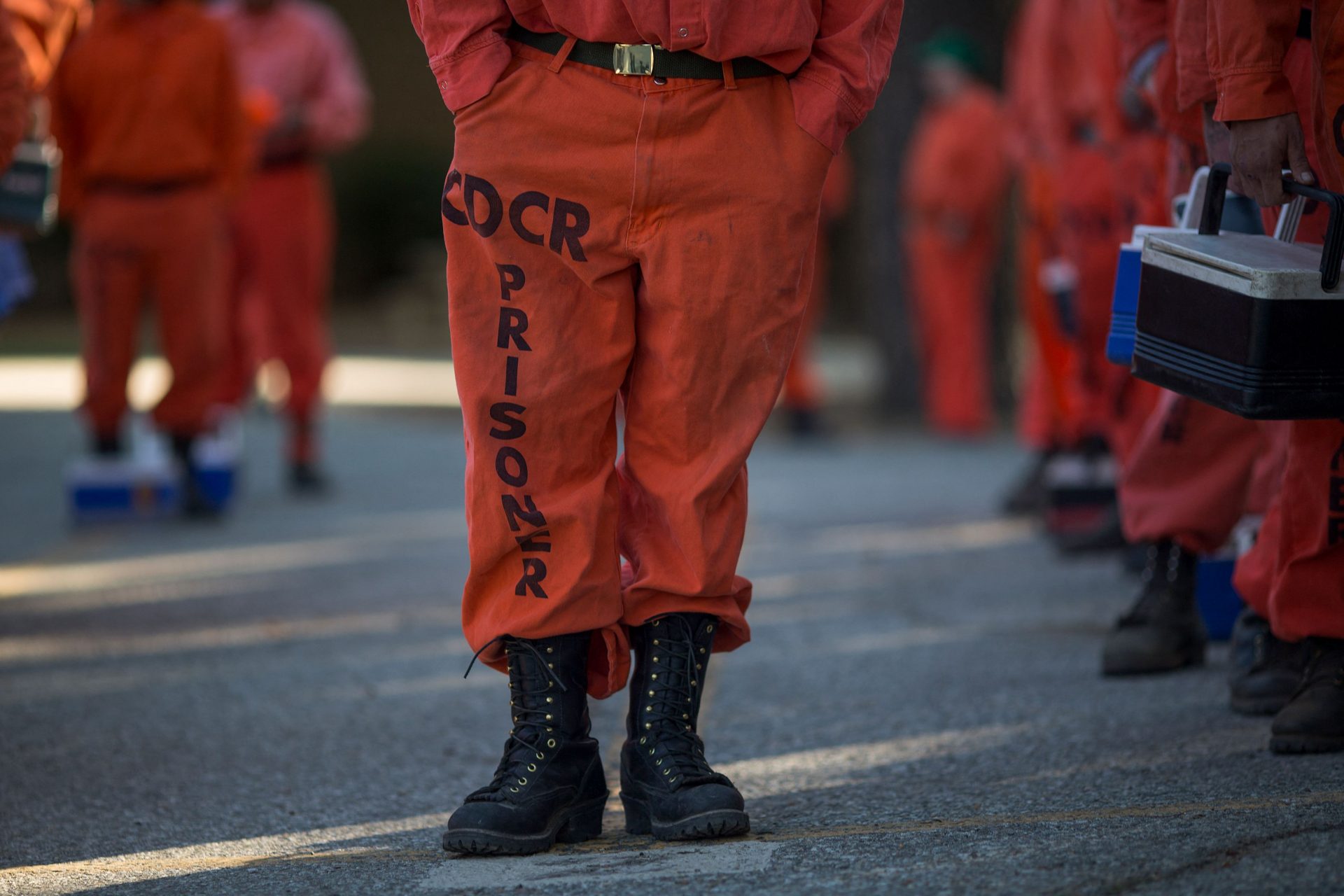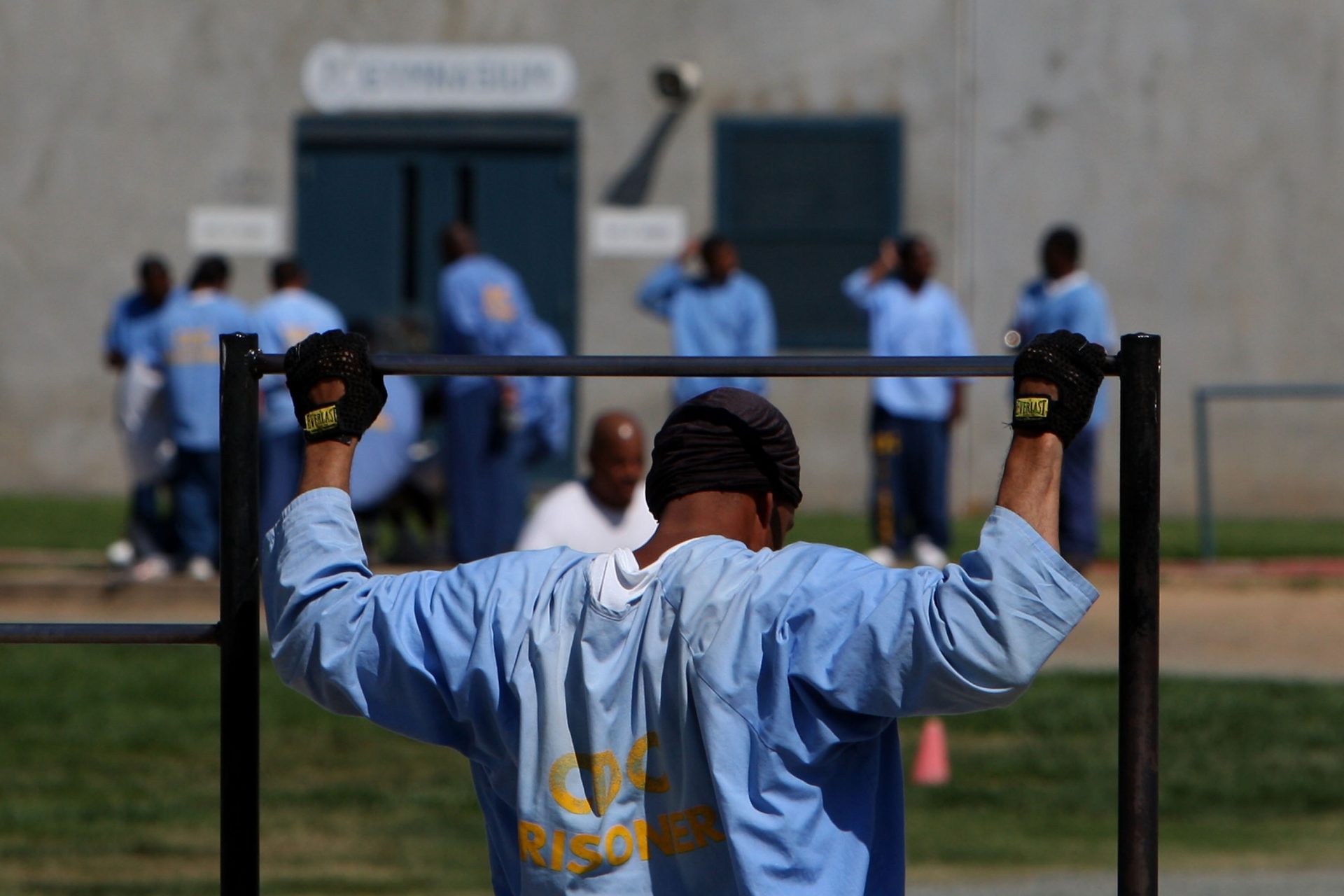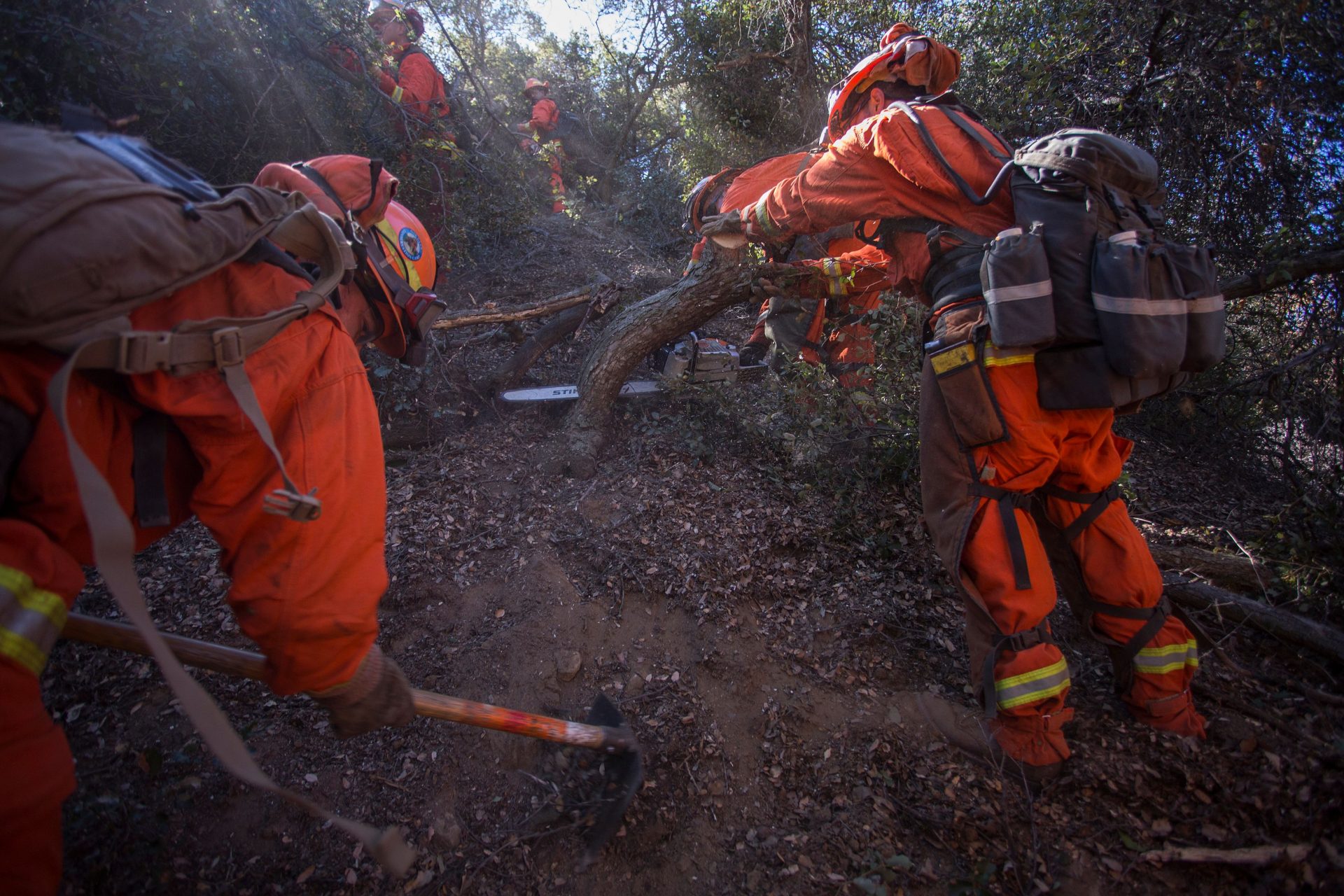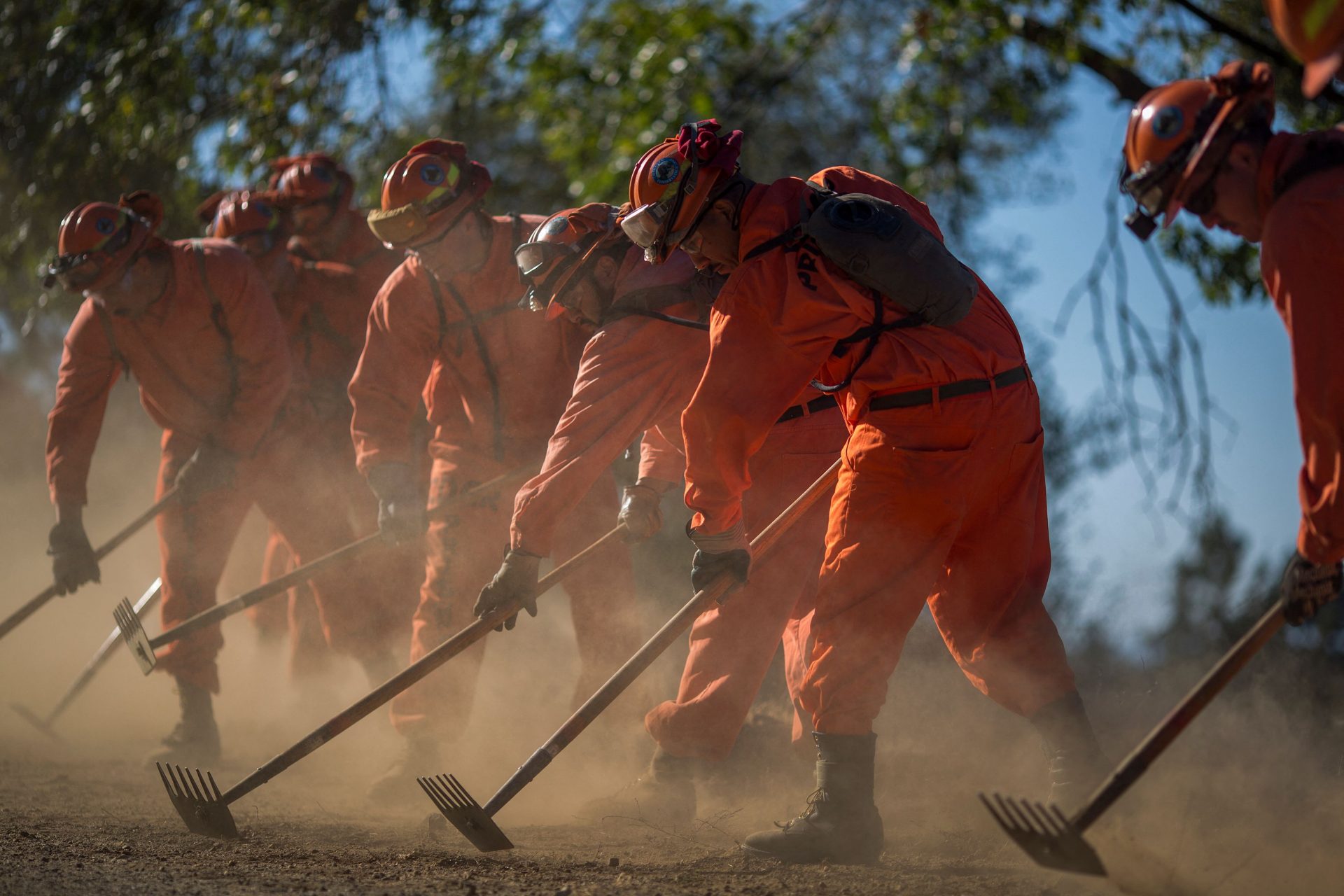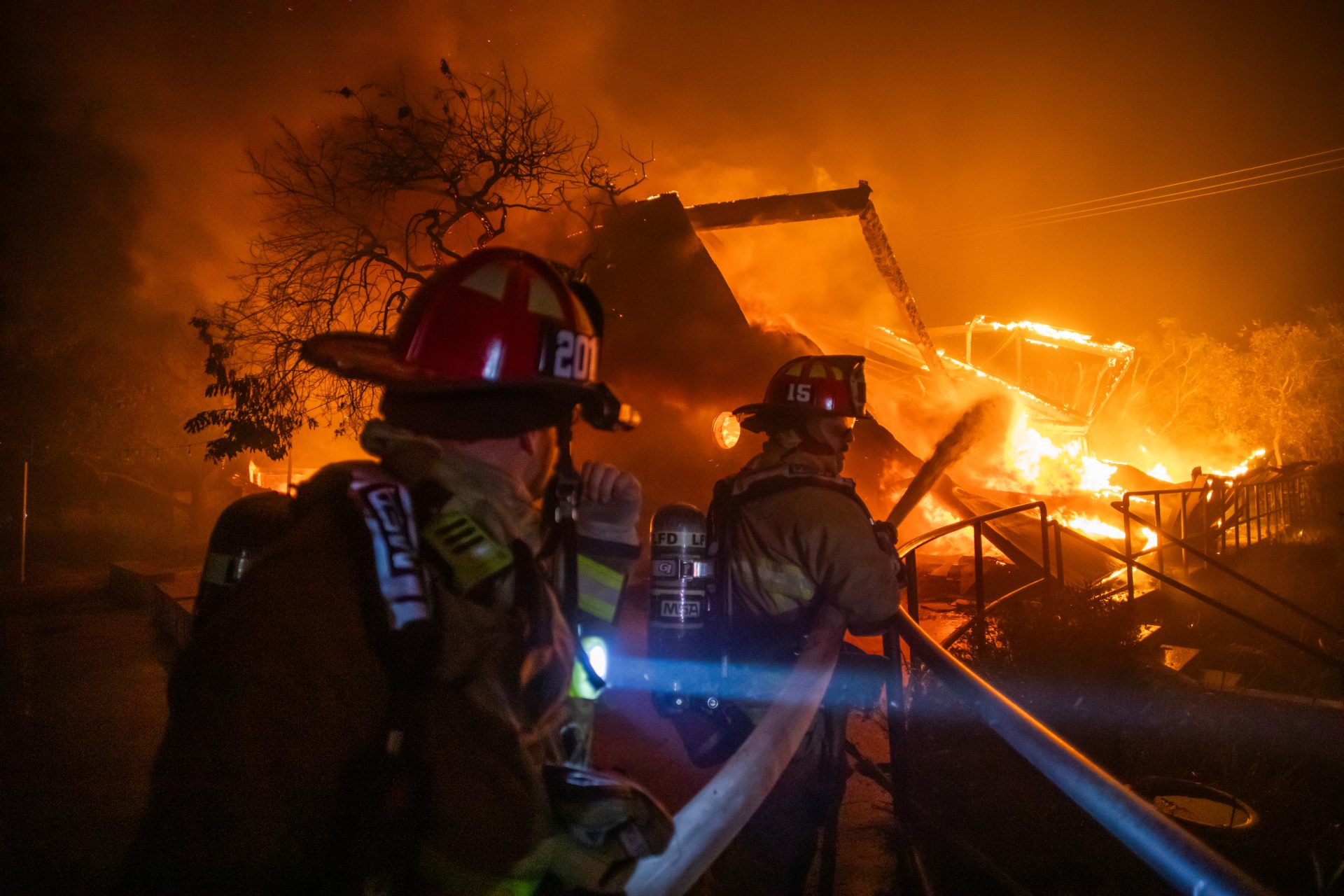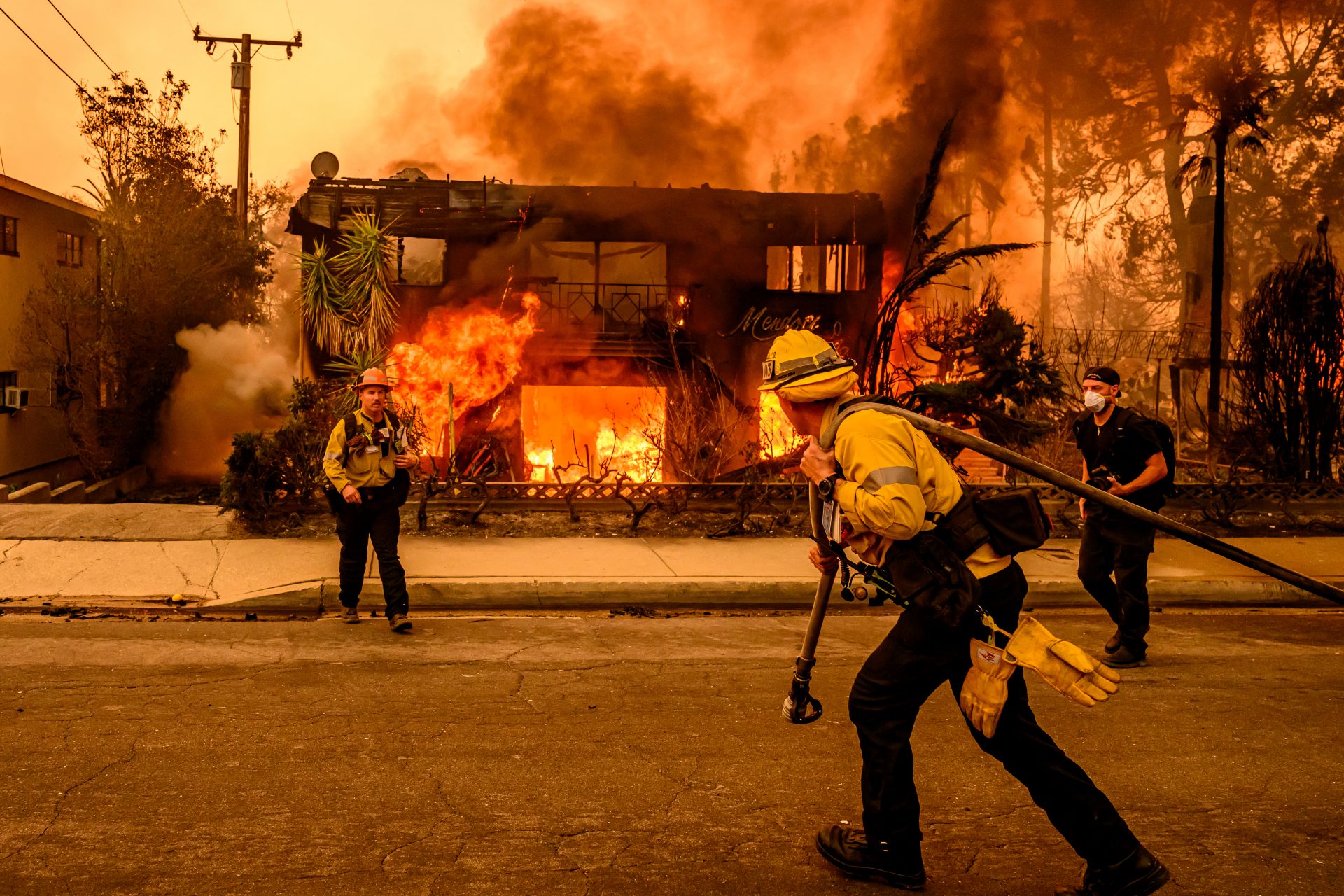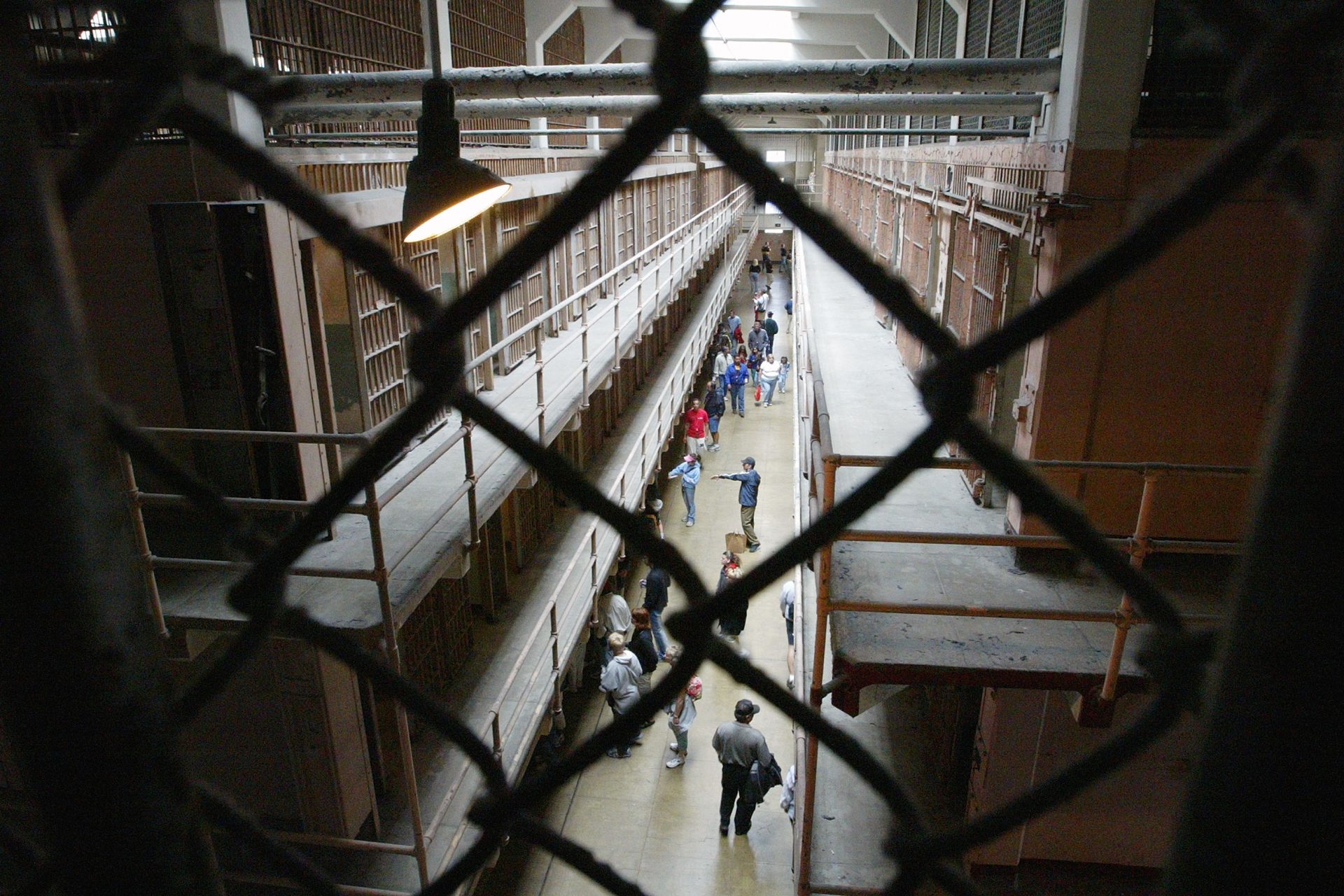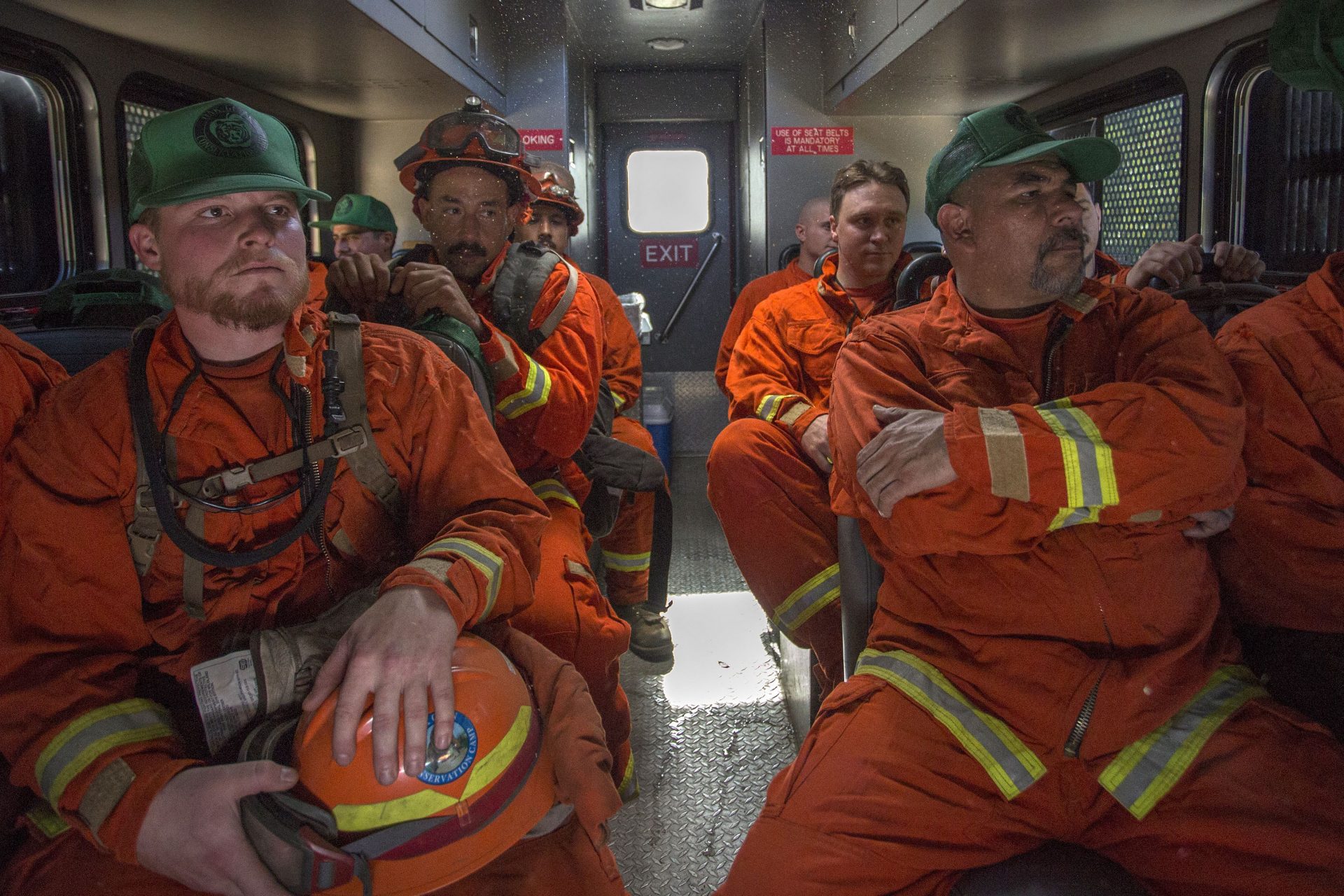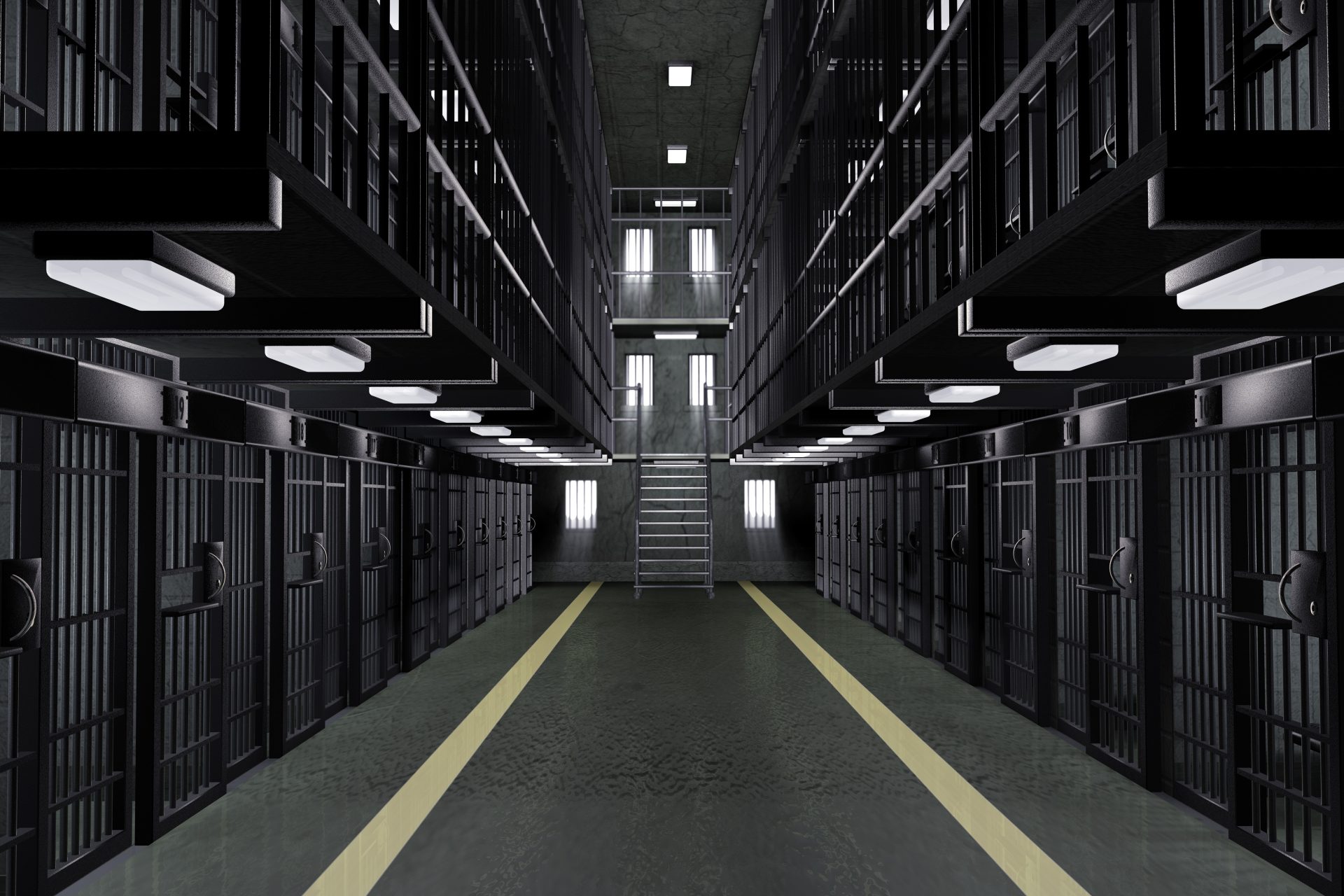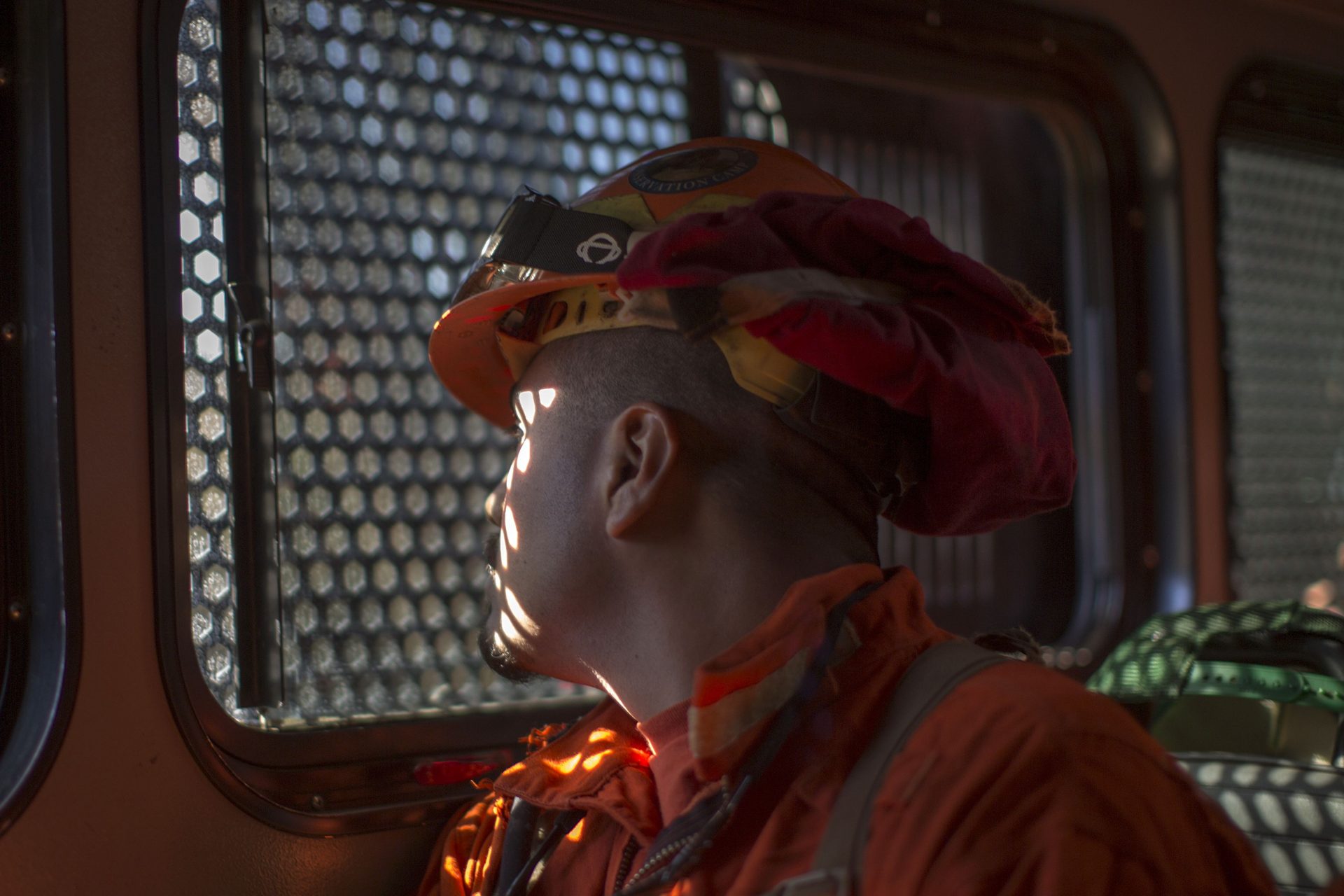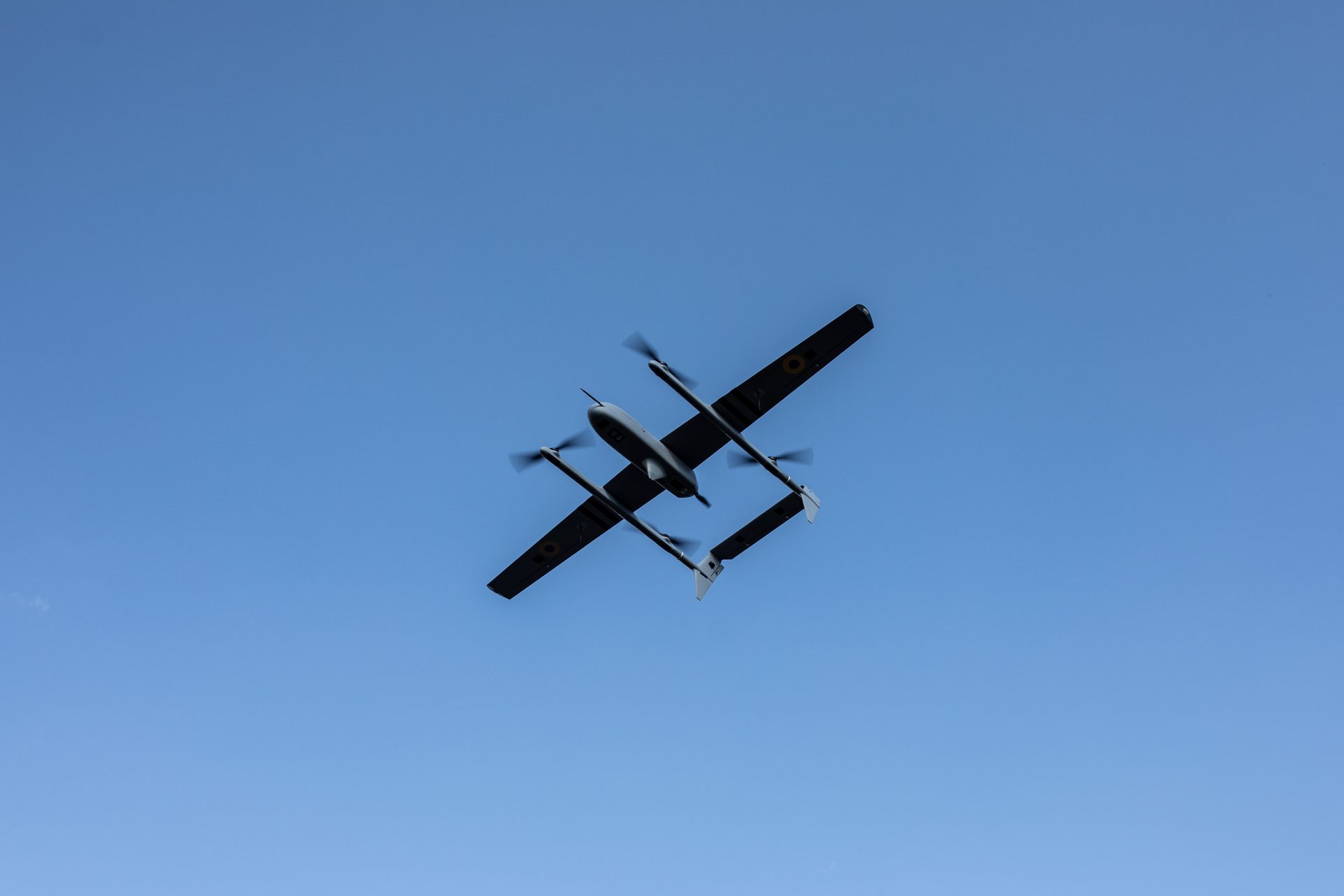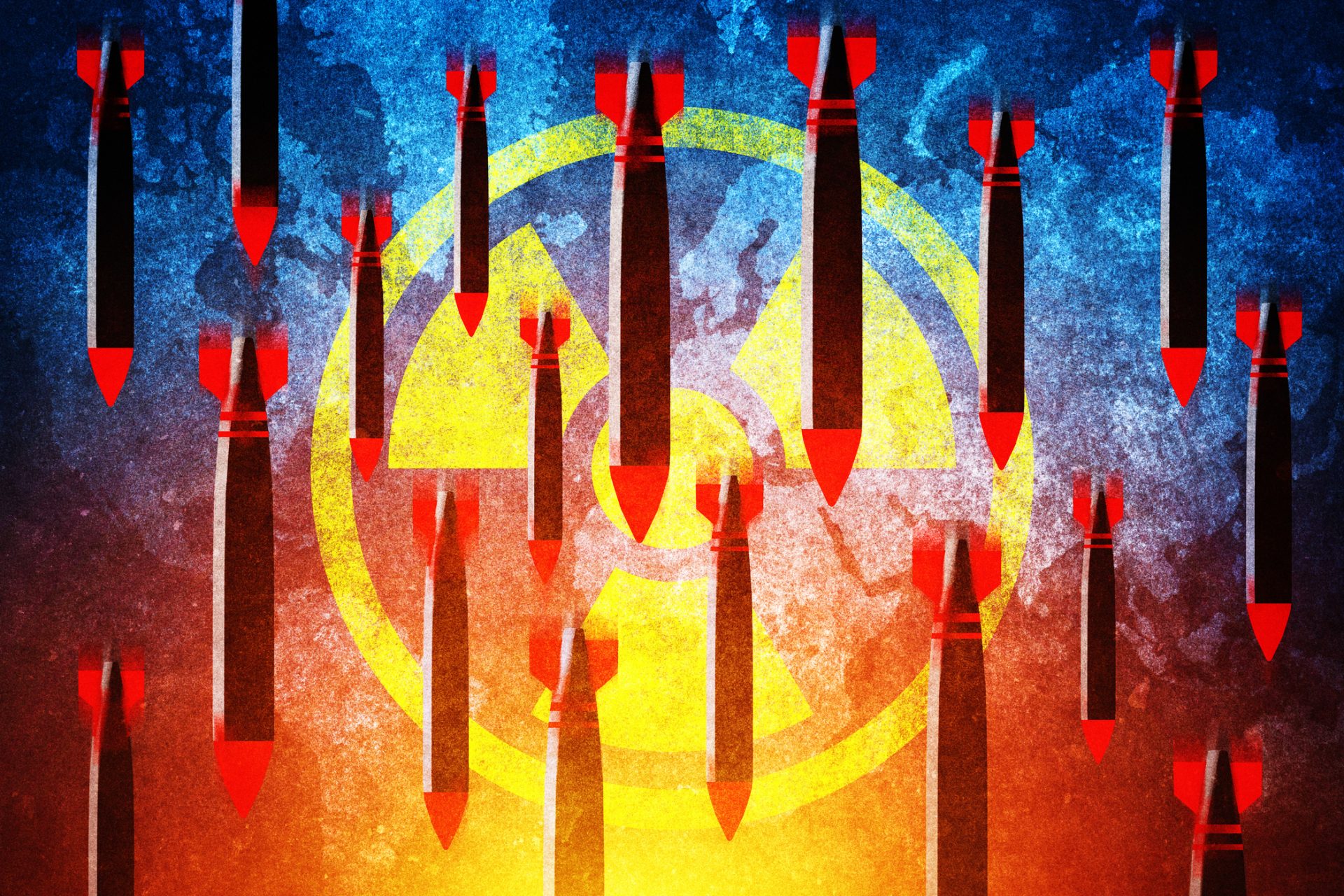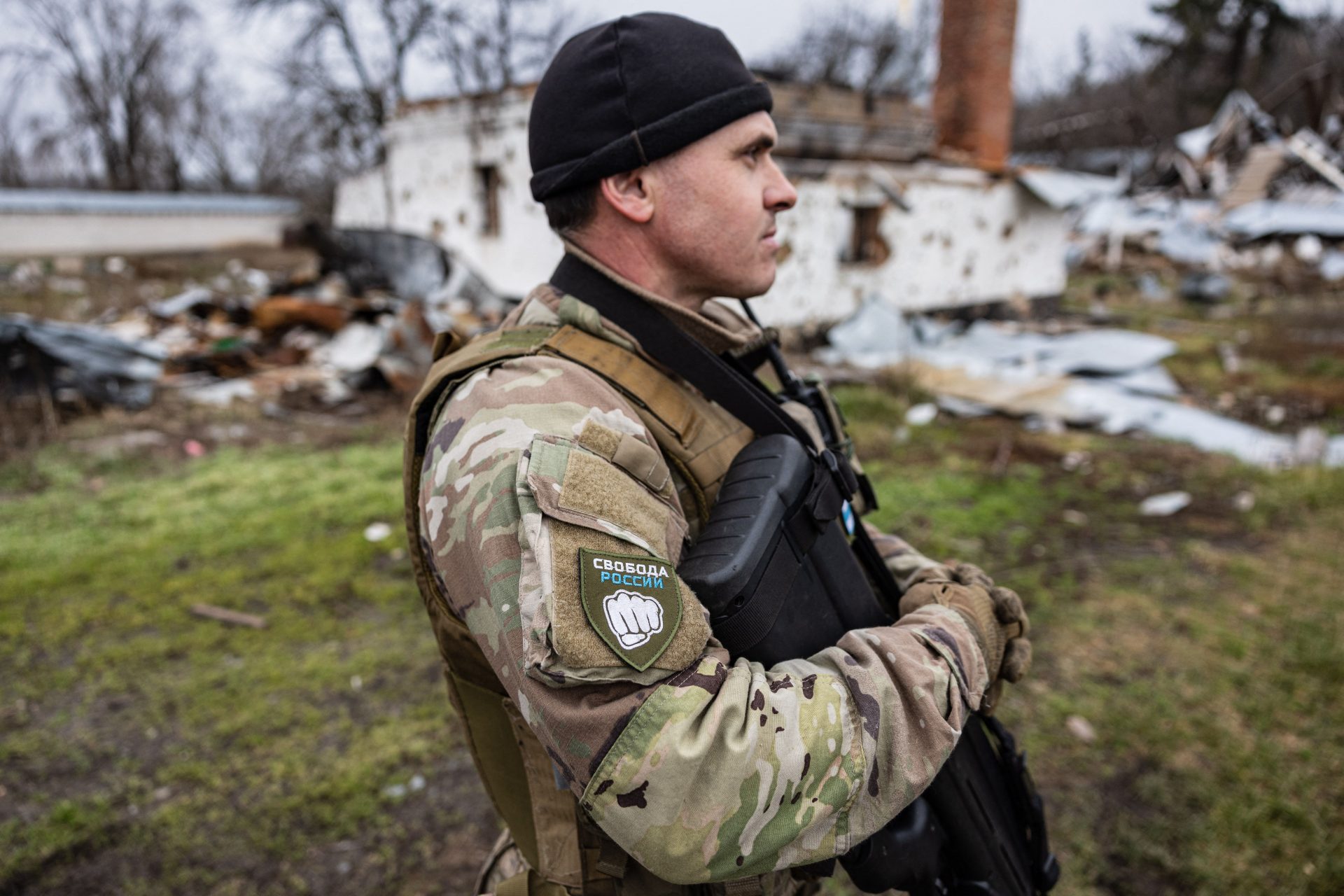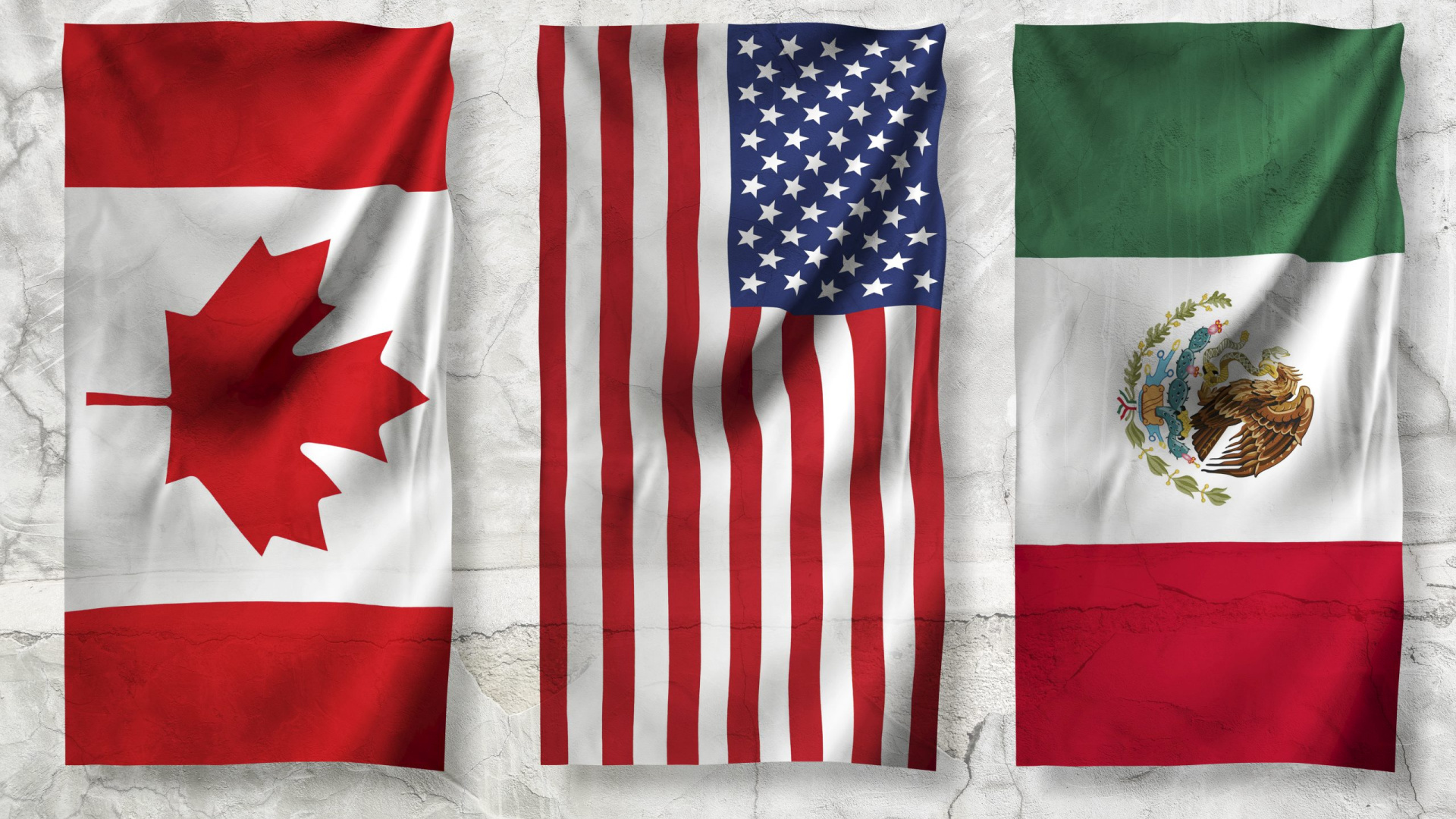California’s incarcerated fire crews: Rehabilitation or exploitation?
The California wildfires have caught the attention and sympathy of the United States and the entire world. Firefighters, the first line of defense against nature’s unleashed fury, are hailed as heroes. Well, not all of them.
The BBC writes that nearly 1,000 incarcerated men and women from the California Department of Corrections and Rehabilitation, with the number increasing as more manpower is needed to deal with the wildfires.
According to the BBC, over 1,800 inmates are trained at 35 state-run conservation fire camps, minimum-security facilities where incarcerated men and women are trained to respond to emergencies while serving their jailtime.
NPR explains that these firefighting crews are made up of volunteers evaluated as physically and mentally fit, have exhibited good behavior, and have eight or fewer years remaining in their sentences.
The New York Times writes that these volunteers can be seen working around the clock in orange jumpsuits, providing extra personnel to firefighting crews short on manpower.
According to NPR, these inmates not only have to deal with wildfires, but also are trained to respond to other emergencies such as floods and other disasters.
How much do these inmates make to risk their lives? The New York Times writes that these incarcerated volunteers earn about 10 US dollars per day, plus one extra dollar for each hour they must face the fire.
“You're getting pennies compared to the other folks that's alongside of you. You're just cheap labor”, Royal Ramey, a former incarcerated firefighter, told the BBC.
“If you do pass away while fighting fires, you don't get any benefits from that,” the former inmate told the BBC. “You're not gonna get no award. You're not gonna be recognized as a wildland firefighter”.
The New York Times writes that many former volunteers have tried to get jobs as firefighters after they have served their time, but are unable to do so due to their criminal records.
NPR writes that incarcerated volunteers are more likely to face serious injuries, in comparison to professional firefighters.
Earning less than minimum wage and the lack of benefits aren’t the only criticism that the program has faced. The BBC highlights that those who oppose it label it as “exploitative”.
Meanwhile, defenders of programs such as the California’s fire camps argue that they provide a good opportunity to rehabilitate incarcerated men and women.
NPR recounts that prison labor programs in the United States have historical ties to the end of the US Civil War and the passing of the 13th Amendment, which abolished slavery except as “punishment for crime”.
In the state of California, the program was first established in 1915 but greatly expanded during World War 2, when forestry workers were called to fight in the front.
With climate change making the weather more unpredictable and causing all sorts of disasters in the environment, it’s quite possible that the debate on inmates volunteering as firefighters will continue in the future.
More for you
Top Stories



